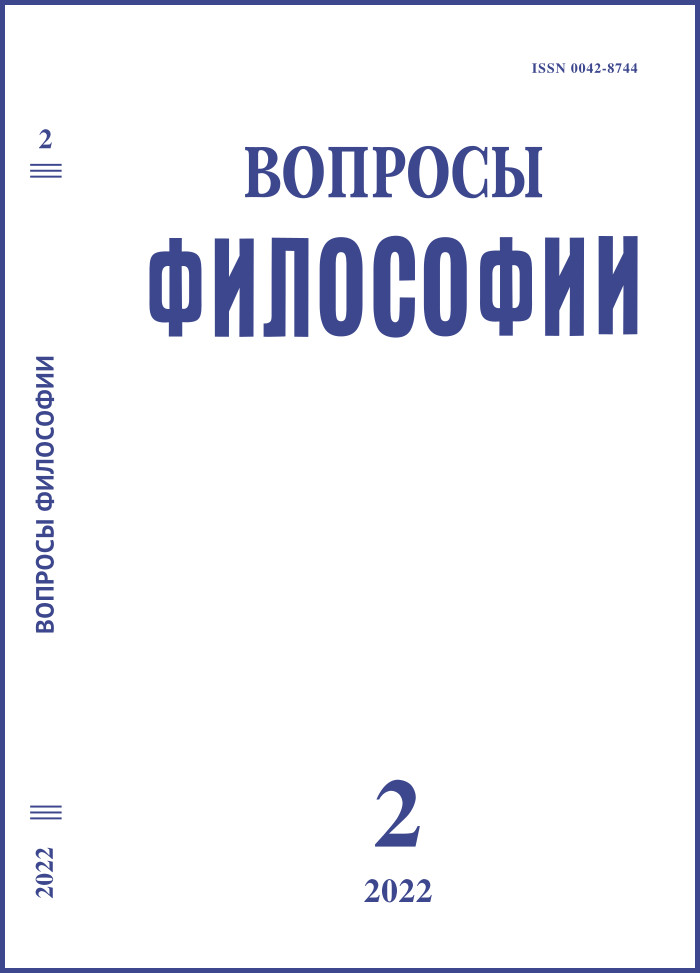Eino Kaila: Logical Empiricism in Scandinavia
DOI:
https://doi.org/10.21146/0042-8744-2022-2-180-187Keywords:
Eino Kaila, philosophy in Finland, philosophy of science, logical empiricism, positivism, neopositivism, structural realism, invariant, realityAbstract
The paper is devoted to the personality and philosophical views of Eino Kaila (1890–1958). The paper contains a brief biography of the Finnish philosopher, describes his relationship with representatives of the Vienna Circle, gives an overview of his philosophical position. The ideas of E. Kaila are closely related to the ideas of the proponents of neopositivism. However, he resolutely rejects the phenomenalism and criticism of realism proposed by M. Schlick and R. Carnap, and also critically evaluates the principle of verification, the possibility of translating any given single sentence of a scientific theory into the language of experience and the possibility of final verification or falsification of scientific theories. Thus, E. Kaila in a sense anticipates the holistic point of view in the spirit of W.V.O. Quine and a number of
I. Lakatos ideas. One of the main ideas of the thinker consists in the adoption of structural realism, according to which structures exist before objects, appear in regularities and invariants, and are grasped by researchers by means of abstraction and mathematization. The professional activity of E. Kaila played a significant role in defining the philosophical atmosphere in the Scandinavian countries and served there as the beginning of the development of analytic philosophy, which later became the dominant philosophical tradition.
Downloads
Published
Versions
- 2025-02-06 (2)
- 2022-02-28 (1)

